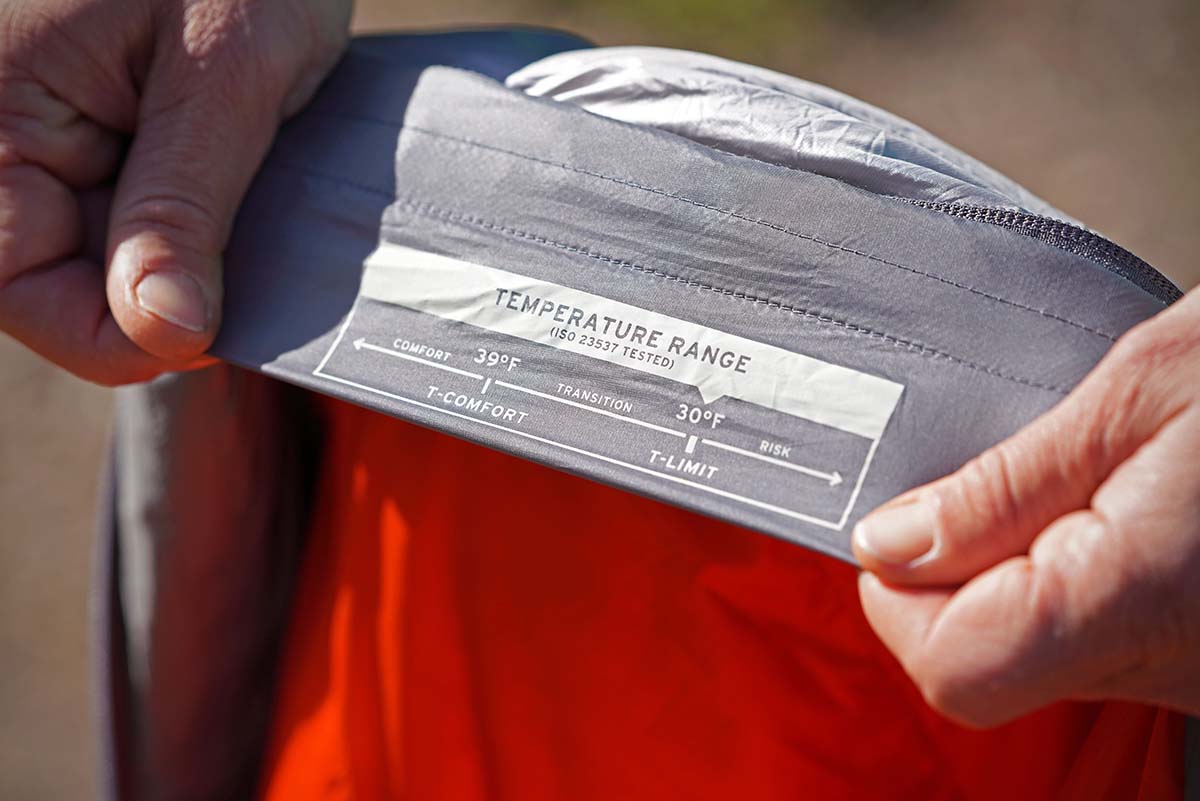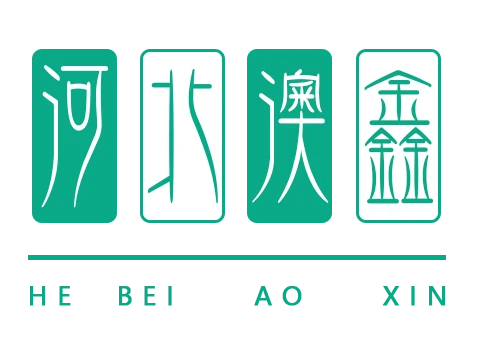
8 月 . 19, 2024 11:29 Back to list
Superior Strength and Durability of Premium Reinforced Welded Wire Mesh Solutions for Various Applications
High-Quality Reinforcing Welded Mesh Products An Essential Component for Construction
In the realm of construction and civil engineering, the integrity and durability of structures rest on the quality of materials used. One such crucial material is reinforcing welded mesh, a product that has gained significant attention for its strength, versatility, and reliability. This article delves into the importance of high-quality reinforcing welded mesh products, their applications, and the advantages they offer in various construction projects.
Reinforcing welded mesh consists of a series of steel bars or wires that are welded together in a grid-like pattern. These meshes are primarily used to reinforce concrete, providing it with greater tensile strength. Concrete, while strong in compression, is inherently weak in tension. The incorporation of welded mesh significantly enhances its performance under tensile forces, thus mitigating the risk of cracking or structural failure.
One of the principal advantages of high-quality welded mesh products is their uniformity and consistency. When manufactured under stringent quality controls, these meshes exhibit precise dimensions, uniform spacing, and optimal welding integrity. This uniformity translates into reliable performance across various applications, ensuring that the concrete structures where they are used maintain their strength and stability over time.
Applications of reinforcing welded mesh are extensive. In residential, commercial, and industrial construction, it serves as an essential element in floors, walls, and ceilings. It is often utilized in foundations, slabs, and overlays, providing the necessary support to withstand loads from above. Moreover, welded mesh is used in precast concrete products, ensuring that any structural element, such as beams and columns, is fortified against potential stresses.
high quality reinforcing welded mesh products

The benefits of using high-quality welded mesh go beyond just structural reinforcement. Its installation can lead to cost savings in construction projects. With enhanced durability and reduced risk of damage, the need for repairs and maintenance diminishes significantly. This longevity is particularly beneficial in high-stress environments, such as roads and bridges, where the cost of frequent repairs can quickly add up.
Furthermore, welded mesh is not only restricted to concrete reinforcement. Its applications extend to fencing, mesh support for plaster, and even various decorative and architectural features. This versatility makes it a valuable asset across multiple sectors, including agriculture, security, and landscaping.
When selecting welded mesh products, it is essential to consider the quality of the material used. High-quality steel not only contributes to the overall strength of the mesh but also enhances its resistance to corrosion and rust. This is particularly important in areas exposed to harsh weather conditions or where moisture levels are high. Manufacturers that adhere to international standards and regulations typically produce the best quality welded mesh, ensuring that clients receive products designed to withstand the test of time.
Sustainability is also an increasing concern within the construction industry. High-quality reinforcing welded mesh products are often manufactured with environmentally friendly practices, making them a more sustainable option. Many manufacturers are adopting technological advancements to reduce their carbon footprints, ensuring that their products contribute to greener construction practices.
In conclusion, high-quality reinforcing welded mesh products play a pivotal role in the construction industry. They provide essential reinforcement to concrete, enhancing its structural integrity and longevity. With their versatility, cost-effectiveness, and potential for sustainability, these mesh products are not merely an option but a necessity for builders and architects striving for excellence in their projects. Whether for large-scale infrastructure or residential buildings, the choice of reinforcing welded mesh is a key decision that can influence the overall success and durability of a construction endeavor.
-
Top China Adult Sleeping Bag Suppliers Lightweight & Durable
NewsMay.30,2025
-
China Camping Waterproof Picnic Blanket Supplier Wholesale Factory
NewsMay.30,2025
-
Wholesale Backpacking Sleeping Bags Lightweight & Bulk Supplier
NewsMay.30,2025
-
Emergency Sleeping Bags Wholesale Bulk Supply & OEM Options
NewsMay.29,2025
-
Sustainable Recycled Cotton Picnic Blankets Wholesale Manufacturer
NewsMay.29,2025
-
Premium Duck Down Sleeping Bag Supplier Warm & Lightweight Design
NewsMay.29,2025
